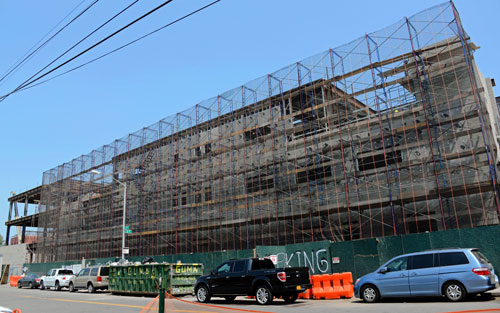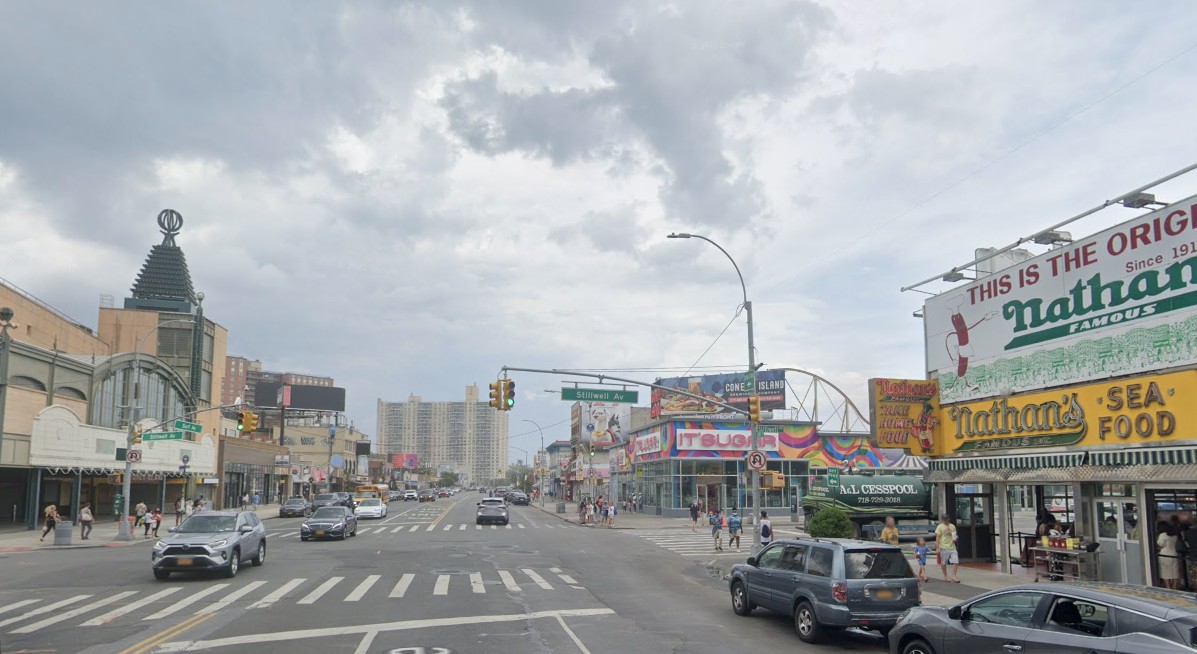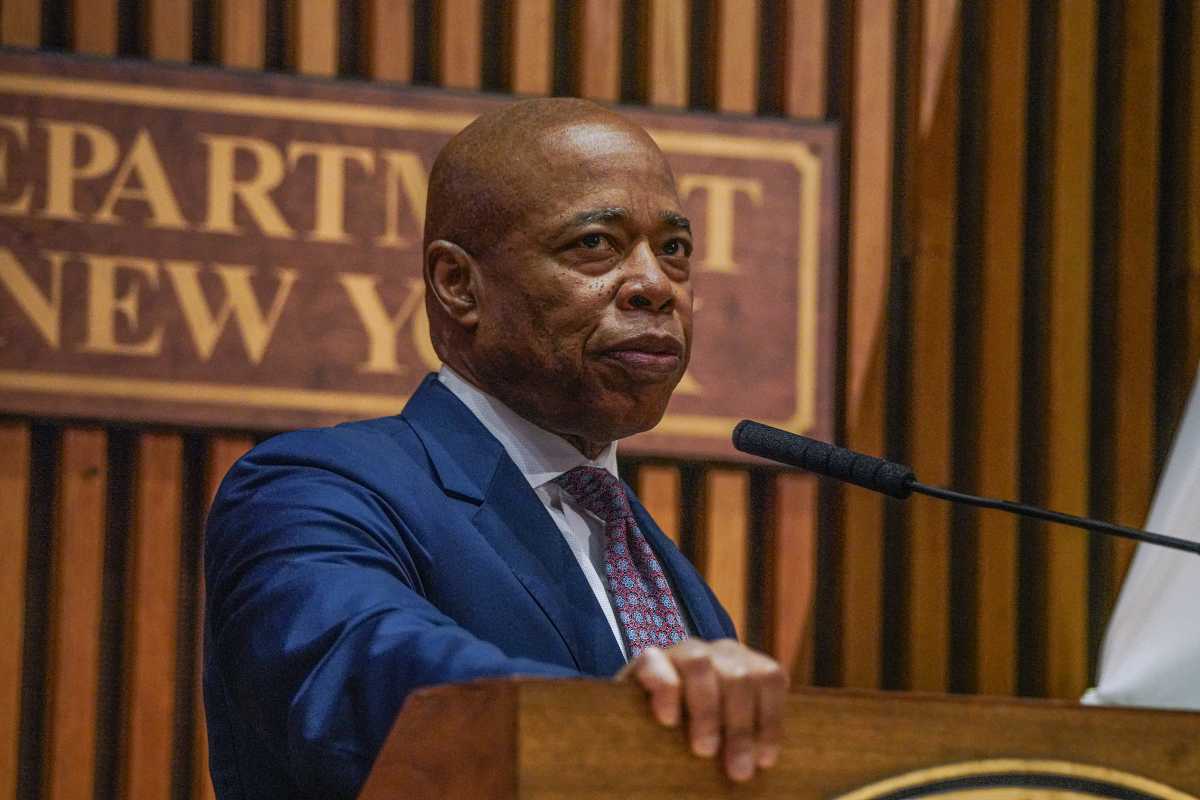The state has agreed to dramatically reduce the number of former prisoners reporting to the new parole headquarters in Gowanus as part of a court settlement with activists who sought to block the project.
The settlement is a win for residents and business owners who organized under the banner of the group Gowanus United and sued. They argued that an environmental study hadn’t been done and that a zoning variance allowing for the new three-story building at the Gowanus Canal end of Second Avenue to have fewer parking spaces than required should be overturned. The agreement mandates that the state limit parolees reporting to the new center to 2,000 for at least two years, and create a program to spread the offices for the remaining 4,000 around the borough, according to a joint press release.
A local business leader praised the agreement, saying it is a neighbor-friendly compromise.
“This will help us as a community grow into what this facility needs to be in order to serve Brooklyn,” said Paul Basile, president of the Gowanus Alliance. “Rather than starting at full volume, the neighborhood and the facility can grow and adapt together and work on any issues that may arise, before there is a critical mass.”
Basile later clarified that he does not want to actually see the center “grow.”
The settlement also stipulates that representatives of the Department of Corrections meet regularly with area residents.
Harboring goodwill among locals is in line with the project of reintegrating ex-offenders into society, a parole honcho said.
“The seamless transition of parolees to their home communities, as well as effective supervision plans developed by our parole officers, is best done when we have good community partners who share our interest in assisting offenders in becoming good citizens and neighbors,” said Deputy Commissioner for Community Supervision Tom Herzog in a statement.
The department did not release any details about possible locations for satellite parole offices.
We first reported plans for the new parole headquarters in July, but state officials and the Bloomberg administration signed off on the project in secret in 2013. The new facility was supposed to replace the three parole offices Downtown. Upon learning of the move, neighbors and pols blasted the state for keeping it under wraps, and said they worried that former prisoners would bring crime to the area, which, though largely industrial, also includes some housing. Business leaders and the administrator of the local community board also argued that the office would erode industrial building-use protections.
Gowanus United coalesced out of a series of packed community meetings, and sued in November.
Basile praised representatives of the corrections department for eventually coming to the table.
“We sat down with them and they listened,” Basile said. “They showed a willingness to talk about our concerns and moving forward we hope it remains that way.”

























